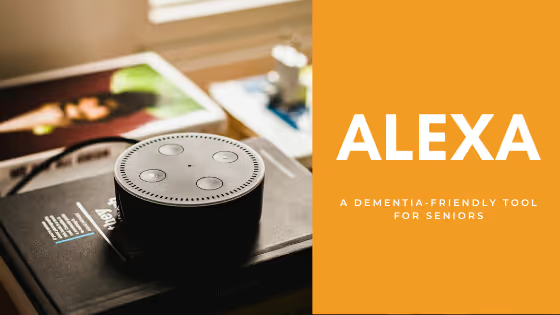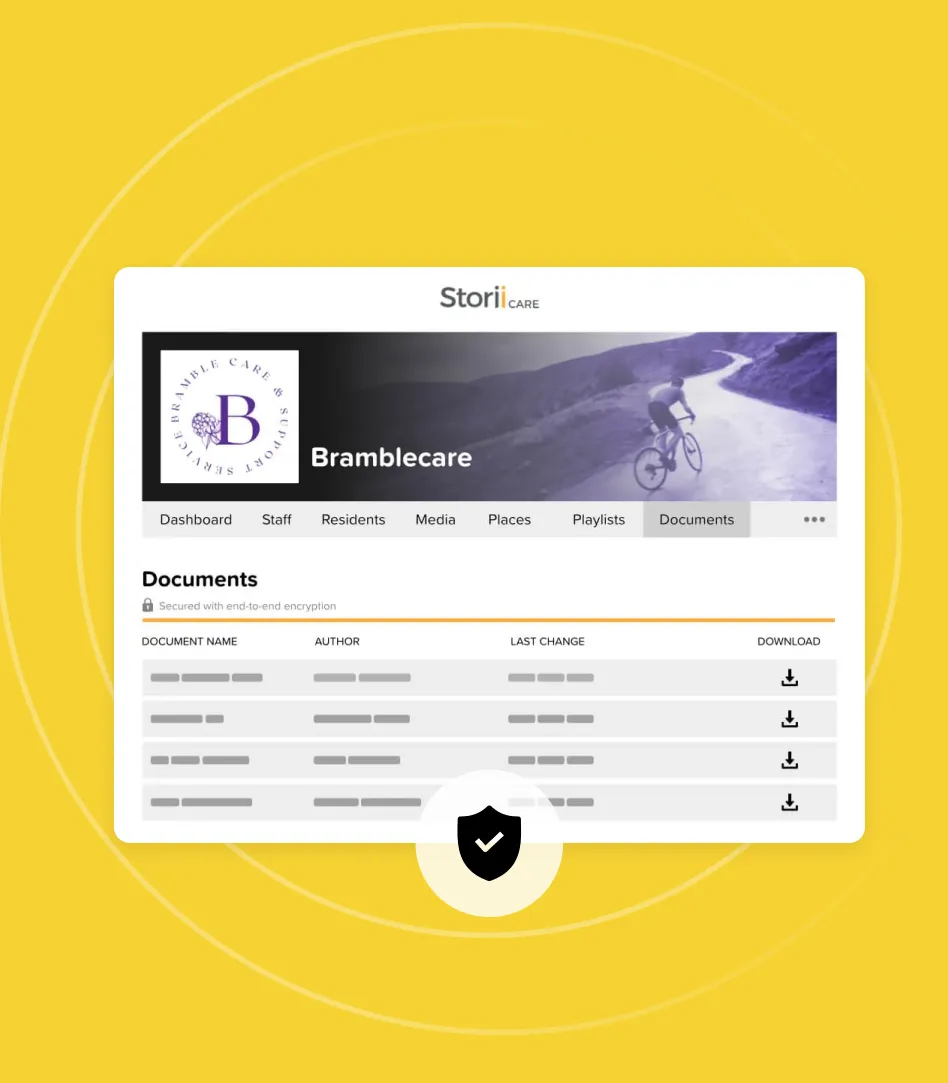Households across the world have been adopting Amazon’s Echo (aka Alexa) into their homes. However, Alexa has proved herself useful enough that this trend is extending beyond the single household. Since the Amazon Echo became HIPAA-compliant earlier this year, using Alexa for seniors has become more popular in elderly care communities. This is arguably a progressive and smart move for senior care providers, as the advancements in voice-activated technology are only expected to grow.
Being able to manage healthcare and daily tasks with your voice are things that benefit anyone. Whether ageing in place or in residential care, it helps to not have to fumble around with buttons and controls. However, people living with dementia have especially found a friend in Alexa. This personal assistant of sorts is a useful tool, helping them to navigate each day with more ease. Best-selling author and Alzheimer’s Society ambassador, Wendy Mitchell said in a recent interview that Alexa helped ‘bring reality to waking up.’
“When I wake up confused, I can ask her [Alexa] to play me some relaxing music or I can ask her what the time or date is.”
For someone with dementia who happens to live alone, it isn’t hard to image how Alexa’s ‘presence’ could bring a level of comfort. Speaking of Alexa for seniors...SNL did a sketch that hilariously highlights this:
Here are some additional ways Alexa can be used to assist someone living with dementia:
Setting reminders and alarms
Perhaps the most common symptom of dementia is forgetfulness. Alexa can set an alarm to go off when it is time to take medication, turn off the oven, or take a shower. Alexa can also remind someone to order a taxi for their doctor appointment or call and wish their grandson a happy birthday.
Providing entertainment
For someone with dementia, it is easy to forget what happened previously in a story they're reading. Short stories and poems are great for this reason. Alexa can play audiobooks and podcasts. One can also ask Alexa to play music to suit their mood or to read off newspaper headlines.
Monitoring wellbeing
Care providers can set up households on their Amazon account and view each Echo’s history. Within the history section, care staff can see all the questions a resident has asked Alexa. This can help with monitoring the wellbeing of residents. For example, if a resident appears to ask Alexa a lot of questions late at night, it could indicate they are suffering from insomnia. Alternatively, if someone was using Alexa for lots of entertainment purposes and then suddenly stopped, it could indicate a sudden change in mood or mental health.
Carrying out forgotten tasks
Forgot to turn off the lights or heat before leaving the house? Through an iPad or tablet, someone can use the Amazon Alexa app to do these things.
Scheduling
At StoriiCare, we have Alexa integration so that our client’s residents can ask, “Alexa, what activities are scheduled for today?" or “Alexa, remind me to go to Tai Chi at 11 a.m.". Additionally, Alexa can be integrated with Google Calendar. This means someone living at home can use the Echo to schedule appointments and set reminders for important dates or events.
Endless patience
One of the nice things about Alexa is that she has endless patience. Alexa doesn't mind being asked the same question over and over again. Whereas this would be tiring for a human carer. Alexa's tone of voice always stays exactly the same. She will issue the same response thousands of times without enduring any tension.
Alexa for seniors
If you are a senior care provider looking for an electronic care management system or activity recording software that integrates with Amazon Echo, speak with a StoriiCare representative by clicking here.




.png)
.png)
.png)










